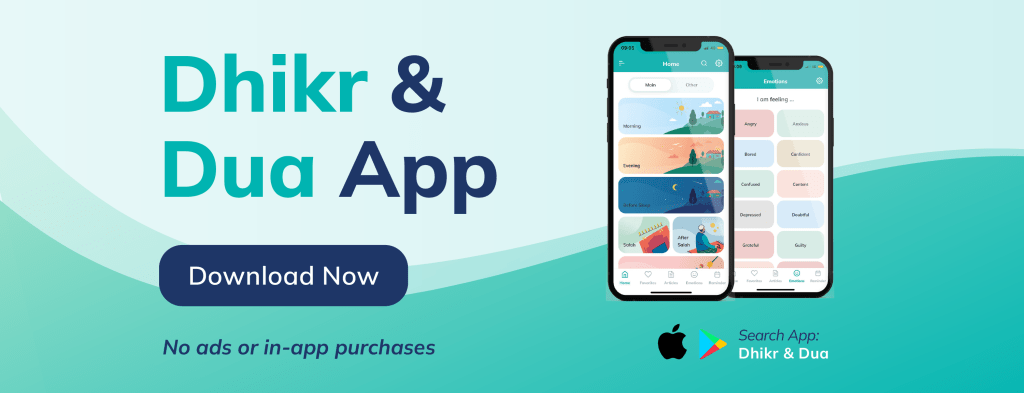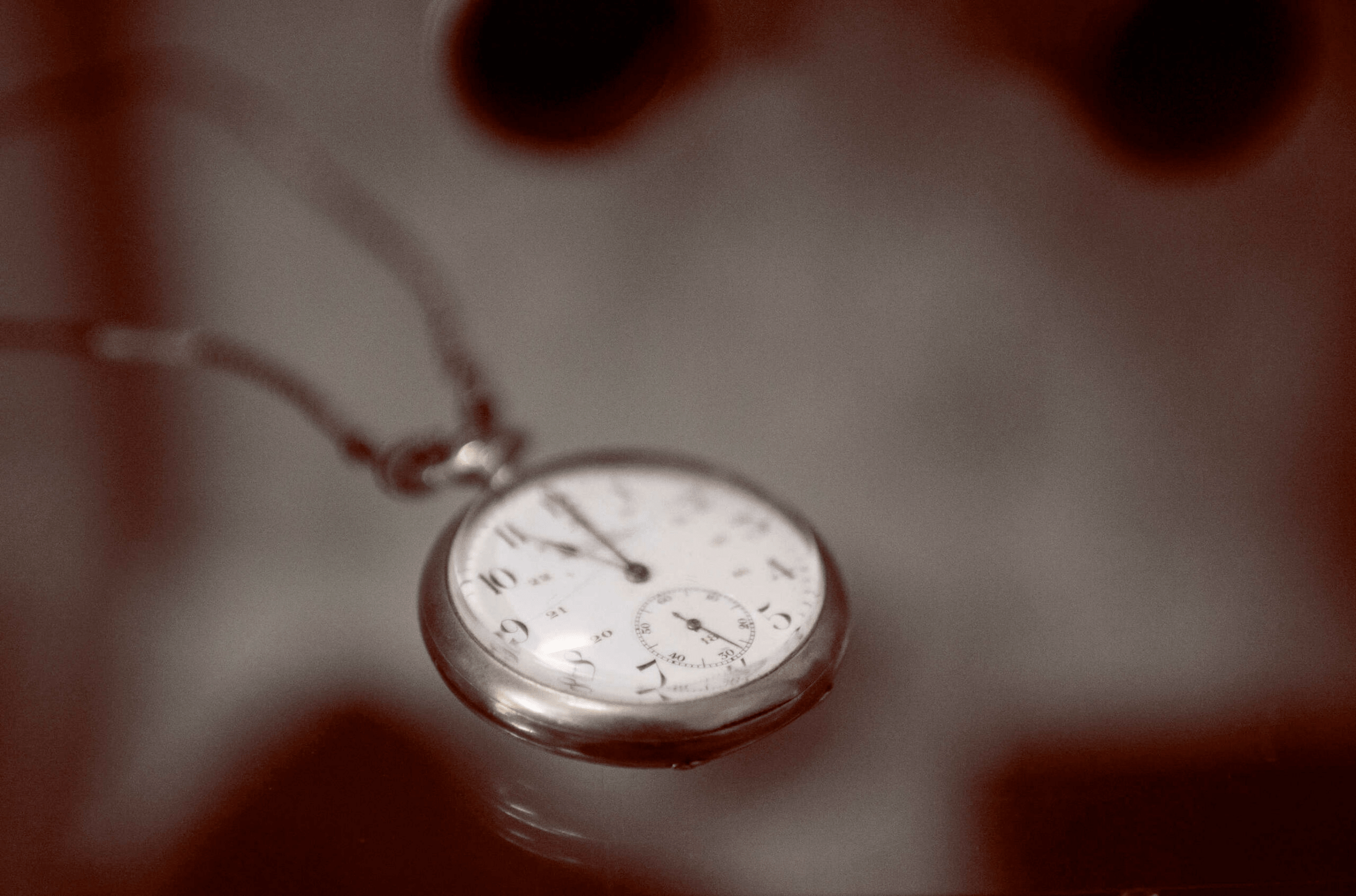(3x) .رَضِيْتُ بِاللهِ رَبًّا ، وَبِالْإِسْلَامِ دِيْنًا ، وَبِمُحَمَّدٍ نَبِيًّا
I am pleased with Allah as my Lord, with Islam as my religion and with Muḥammad ﷺ as my Prophet.
Raḍītu bi-llāhi Rabbā, wa bi-l-islāmi dīnā, wa bi Muḥammadin-Nabiyyā.
Thawbān (raḍiy Allāhu ʿanhu) narrates that the Messenger of Allah ﷺ said: “Allah has promised that anyone who says [the above] three times every morning and evening will be pleased on the Day of Judgement.” (Aḥmad 18927)
The Messenger of Allah ﷺ said: “Whoever says [the above] in the morning, I guarantee that I will take hold of his hand until I enter him into Paradise.” (Ṭabarānī: al-Muʿjam al-Kabīr 838)
Abū Saʿīd al-Khudrī narrates that the Messenger of Allah ﷺ said: “Abū Saʿīd, whoever is pleased with Allah as his Lord, Islam as his religion and Muḥammad as his Prophet, will be guaranteed entry into Paradise.” He (Abū Saʿīd) was amazed and said: “O Messenger of Allah, repeat it for me.” He (the Messenger of Allah ﷺ) did that and then said: “There is another act which elevates the position of a man in Paradise one hundred grades (higher); and the distance between one grade and the other is like the distance between the sky and the earth.” He (Abū Saʿīd) said: “What is that act, O Messenger of Allah?” He replied: “Striving in the path of Allah! Striving in the path of Allah!” (Muslim 1884)
Brief Commentary
• This dhikr emphasises the state of contentment and pleasure, which is far greater than mere tolerance. Being content with a matter means that if that matter were in your own hands, you would act no differently.
• Imām al-Nawawī said, “Being content here is as though one is saying: “I’m convinced, I’m sufficed, and desire nothing else.”
• The first matter that we affirm our contentment with is that of Allah being our Lord (Rabb). Rabb is The One who nourishes and sustains the whole of creation. It is He who regulates their affairs and grants them endless blessings. He is their sole Creator and Provider. He is their Protector and Caretaker. He is the one who decrees and decides; therefore we affirm our contentment with everything that Allah decrees for us. We should be happy with what He has legislated, and content with how much sustenance He chooses to give us.
• Being content with Allah as your Lord means you are content with the provisions He has decreed for you; for the life He has chosen for you; for the trials He has placed upon you; and for everything He has placed before you.
• The second matter is to be content with Islam as your religion. Islam means to submit wholly to the commandments of Allah.
• Being content with Islam as your religion means you are content with every single commandment, prohibition, law, and punishment contained within this blessed religion, even if it goes against your own desires or society’s norms.
• The third and final matter is to be content with Prophet Muhammad ﷺ as our Prophet. This Prophet is the one who delivered the message of Allah in the best and most complete form.
• Being content with the Prophet Muhammad ﷺ as your Prophet means you are content with all the commandments and prohibitions he taught us, with the way he lived his life, with the decisions he took, with the friends he had, and the women he married. It also means you believe everything that he said to be true.
Action Points
• This dhikr – though concise and light on the tongue – carries a huge reward for the one who truly contemplates it and lives by it.
• A person who says this duʿā’ every morning and evening is preparing himself for the day as he is reminding himself that he is content with these matters. He is prepared to abide by all of them, including anything that Allah decides for him that day.
• A person who says this dhikr and then shows displeasure when faced with a calamity, or rejects a teaching of Islam, or something that was part of the Prophet’s ﷺ life – is someone who is a liar, and has a trait of hypocrisy. He says something on his tongue, yet his actions reflect otherwise.
• Living by this dhikr will also inshallah help a person in the first stages of the afterlife when he will be placed in his grave and two angels will ask him the questions, “Who is your Lord? What is your religion? Who is this person that was sent to you?” (Aḥmad 18063). The answers to these three questions are the three matters we affirm our contentment with every morning and evening with this duʿā’!
• Living in a time with unprecedented threats from atheism, liberalism and secularism, we should reflect on this dhikr and say it wholeheartedly. With enemies and hypocrites trying to attack the core fundamentals of our din, and trying to change the perfect dīn of Allah, we should utter this dhikr every day and try our best to live by its meanings.
•We should not feel inferior or embarrassed by our perfect dīn. Instead, we should realise how fortunate we are that Allah allowed us to know Him, to know His Messenger ﷺ and gifted us with Islam. Let us teach our children to also repeat and reflect on these powerful words every morning, so they feel strengthened as they go out and face the world.







